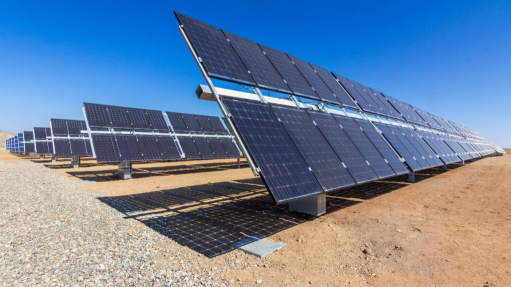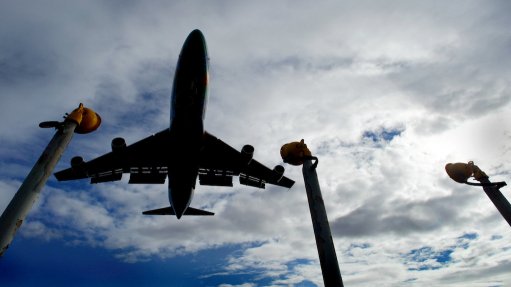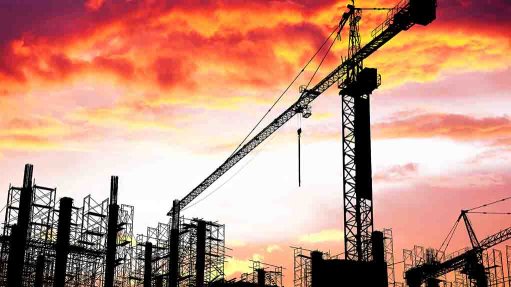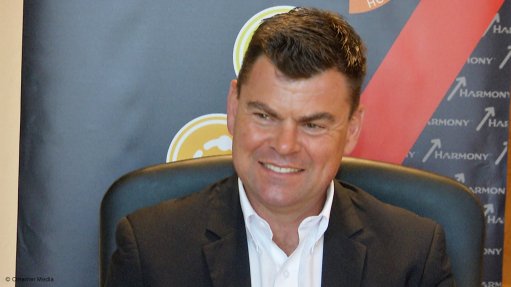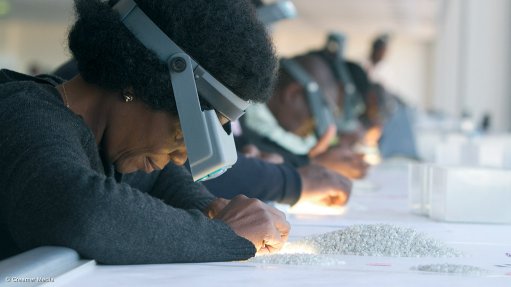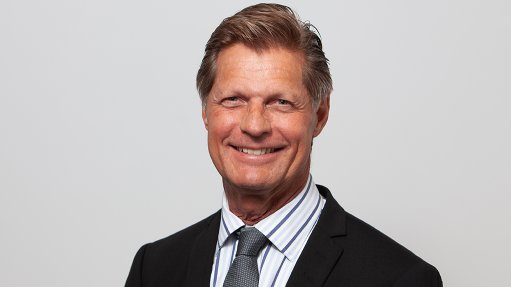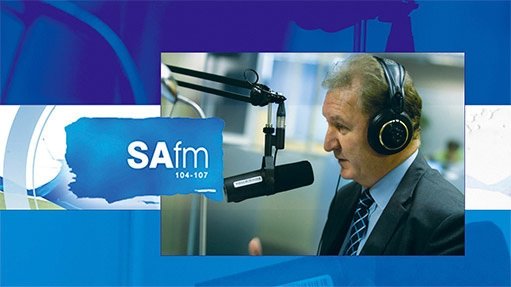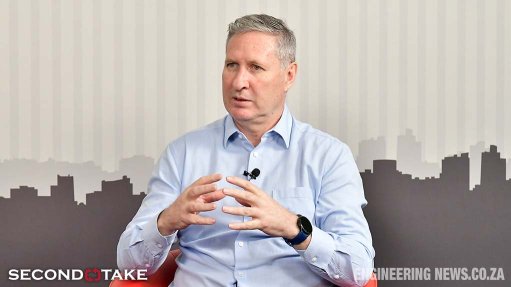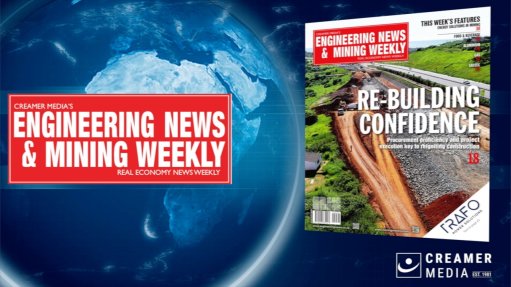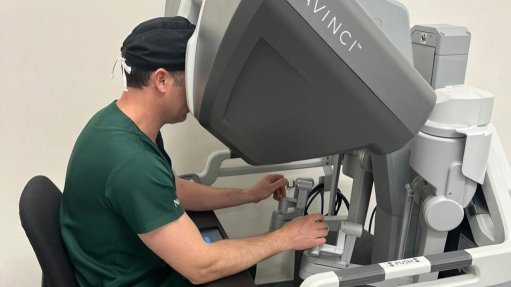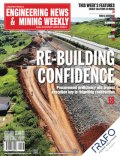Inferior thermostatic mixing valves increase chance of scalding

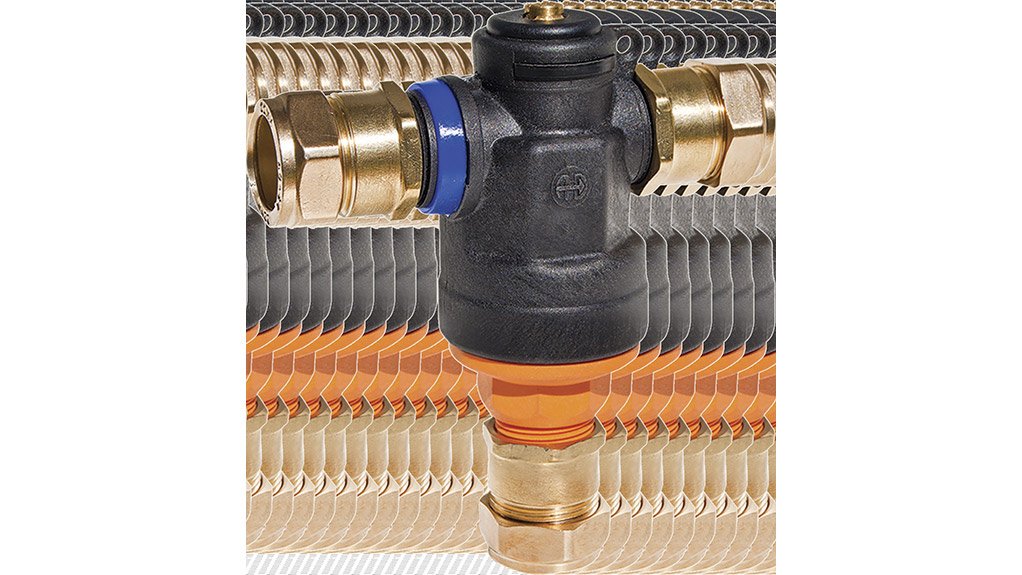
Quality thermostatic mixing valves protect people from scalding by ensuring a safe water temperature in the bath, shower, basin, bidet and kitchen sink
This article has been supplied.
There has been a concerning increase in the use of inferior thermostatic mixing valves in solar-heating systems. These products are also being installed in the hot water systems and on specific plumbing fixtures in old-age homes, clinics, hospitals and schools.
Quality thermostatic mixing valves protect people from scalding. They achieve this by ensuring a safe water temperature in the bath, shower, basin, bidet and kitchen sink. This is by accurately blending hot and cold water to keep temperature consistent even when the incoming water pressure or flow fluctuates.
Water from solar-water heating systems can reach temperatures that significantly exceed 65°C when they over perform. The ideal temperature of water at the point varies depending on the application but should never exceed 50°C. In baths, basins and showers, the standard water temperature of hot water is at least 38°C. To melt fats in the kitchen sink, hot water must be at least 45°C.
Brendan Reynolds, Executive Director of the Institute of Plumbing South Africa (IOPSA), says that the use of these inferior thermostatic mixing valves places many lives at risk, especially the most vulnerable.
“Hot water from a solar water heater can reach temperatures of up to 90°C. A serious burn can occur within three seconds of being exposed to water that is 60°C in temperature. Hot water at 48°C can lead to a serious burn within 10 minutes. Many incapacitated people and children who cannot reach the tap quick enough or do not know how or are unable to close it have been burnt very severely in water of these temperatures. Bear in mind that children and the elderly also have thinner skin that burns quickly,” Reynolds says.
A quality thermostatic valve is manufactured to comply with the SABS 198:2012 standard. The standard enables plumbers and consumers to ascertain that the thermostatic mixing valve will perform as expected.
Reputable South African manufacturers and suppliers of this technology are very familiar with the standard. They also have an intricate understanding of the unique local conditions in which their products operate.
Many of the inferior thermostatic mixing valves that are being used in South Africa are being mass manufactured for an international market by companies in the East. These manufacturers are, therefore, not always aware of the strict standards that govern plumbing installations in the various markets that they supply.
A thermostatic valve that has been manufactured according to the SABS standard will allow the correct quantity of water through the hot water system. Importantly, it also reacts
swiftly in the event of a cold-water supply failure. When this occurs, it automatically shuts down and allows only a small amount of water through the pipe.
The influx of inferior mixing valves in the country over the years has been on the the back of a significant increase in demand for solar-water heating systems. These systems reduce water and energy bills, while also mitigating exposure to an extremely strained electricity system. Certainly, a growing awareness of the importance of sustainable living is also driving the uptake of the technology among large property developers and owners, as well as middle- and upper-income homeowners.
There has also been an alarming increase in the use of inferior thermostatic mixing valves in solar heating systems for large affordable housing developments. Inferior plumbing products, such as thermostatic mixing valves, are sold at a fraction of the cost of quality systems that comply with the relevant standards. They are especially appealing during challenging economic conditions as a short-sighted cost-cutting exercise. This has also been at the expense of local industry which supplies thermostatic valves that comply with strict standards.
Notably, the authorities have established localisation targets for solar water heater installations on many of these affordable housing projects. This is to stimulate the South African manufacturing industry so that it is also able to create more jobs. Yet, there are no such requirements for important plumbing components such as thermostatic mixing valves that are assembled or manufactured in the country according to the relevant quality standards.
For example, Advanced Valves, one of IOPSA’s members, manufactures a high-quality thermostatic mixing valve at its state-of-the-art factory in Johannesburg. The product’s very high local content compliments localisation targets that have been stipulated for other components of solar-water heating systems for affordable housing projects. The only component of the product that is not manufactured in the country by the company is the wax thermostatic element. Essentially the ‘brain’ of the system, it expands and contracts according to the temperature of the water. As temperature rises, the element expands closing the supply of hot water and releasing cold water into the system. When temperature decreases, it contracts to allow hot water into the pipe. The company imports its thermostatic element from France, which is considered a world leader in the field.
It remains a serious concern that burn injuries account for about 180 000 deaths every year throughout the world. “The highest burn-related deaths are in low- and middle-income countries. These burns are usually as a result of an accident at home. Scalding and flames are the most common causes of burn injuries in developed and developing countries, including in South Africa. To what extent poor plumbing contributes to this worrying state of affairs still needs to be investigated. Unlike other countries in the world, we do not keep such statistics. However, I am sure that, if we were to undertake such an investigation, it
would be a real eye-opener. This is considering the extent of substandard plumbing workmanship and the use of poor-quality plumbing products in the country,” Reynolds concludes.
Comments
Press Office
Announcements
What's On
Subscribe to improve your user experience...
Option 1 (equivalent of R125 a month):
Receive a weekly copy of Creamer Media's Engineering News & Mining Weekly magazine
(print copy for those in South Africa and e-magazine for those outside of South Africa)
Receive daily email newsletters
Access to full search results
Access archive of magazine back copies
Access to Projects in Progress
Access to ONE Research Report of your choice in PDF format
Option 2 (equivalent of R375 a month):
All benefits from Option 1
PLUS
Access to Creamer Media's Research Channel Africa for ALL Research Reports, in PDF format, on various industrial and mining sectors
including Electricity; Water; Energy Transition; Hydrogen; Roads, Rail and Ports; Coal; Gold; Platinum; Battery Metals; etc.
Already a subscriber?
Forgotten your password?
Receive weekly copy of Creamer Media's Engineering News & Mining Weekly magazine (print copy for those in South Africa and e-magazine for those outside of South Africa)
➕
Recieve daily email newsletters
➕
Access to full search results
➕
Access archive of magazine back copies
➕
Access to Projects in Progress
➕
Access to ONE Research Report of your choice in PDF format
RESEARCH CHANNEL AFRICA
R4500 (equivalent of R375 a month)
SUBSCRIBEAll benefits from Option 1
➕
Access to Creamer Media's Research Channel Africa for ALL Research Reports on various industrial and mining sectors, in PDF format, including on:
Electricity
➕
Water
➕
Energy Transition
➕
Hydrogen
➕
Roads, Rail and Ports
➕
Coal
➕
Gold
➕
Platinum
➕
Battery Metals
➕
etc.
Receive all benefits from Option 1 or Option 2 delivered to numerous people at your company
➕
Multiple User names and Passwords for simultaneous log-ins
➕
Intranet integration access to all in your organisation







